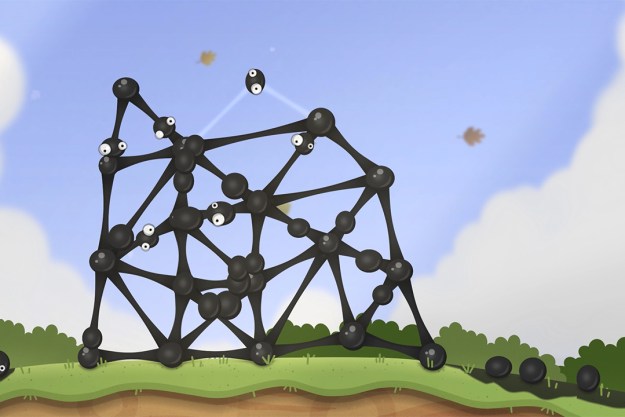
Nintendo launched its next-generation Wii gaming console in North American this weekend, and, sadly, the product launch was defined as much by what didn’t happen as by the console itself: although thousands of gamers braved the elements and waited for hours to be among the first to set hands on the new systems, the introduction of the Wii sparked none of the violence and mayhem which characterized the launch of Sony’s PlayStation 3 just two days before.
Nintendo’s Wii is the third (and last) introduction of the so-called next-generation video game consoles, following Microsoft’s Xbox 360 (which has been available nearly a year) and Sony’s PlayStation 3 (which launched in North America jut two days before the Wii.) Highlighted by the the innovative "Wiimote" wireless controller, the Wii invites players to participate in games through full body motions, swinging a bat (or a sword) by moving their entire arm. The Wii remove includes pointing and motion-sensing capabilities, as well as a speaker, a rumble feature, and an expansion port for other devices, such as Nintendo’s NunChuck—which enables motion-sensing and an analog stick so players can get into games with both hands.
As a console, the Wii is the most underpowered of the three next-generation offerings, sporting neither the processing power, memory, or graphical resolution of its competitors from Sony and Microsoft. The Wii cannot output games in high-definition resolutions, and while it has an optical bay for Wii and GameCube disks, it doesn’t play back standard DVDs. (Although Nintendo plans a DVD-capable Wii for Japan in 2007.) The console can be connected to S-video, composite, and component video, offers support for up to four Wii Remotes, and stores games to SD memory cards. The Wii can connect wirelessly with a home network or Nintendo DS handheld system; the Wii also offers substantial backward compatibility for GameCube, NES, Super NES, and even Sega games via its Virtual Console capability.
But for being underpowered, the Wii has distinct advantages, not the least of which is its $250 price tag, compared to $300 to $400 to an Xbox 360 system, or $500 to $600 for a Sony PlayStation 3. NIntendo justifies the lack of DVD movie support and high-definition playback very adroitly, noting most households already have multiple DVD players, so the advantage of providing another is mostly fiction, and while high-definition televisions are certainly all the rage in consumer electronics these days, millions upon millions of standard-definition televisions are still in people’s homes, and those TVs are pretty likely to be used in dens, game rooms, and children’s areas.
And, unlike the Xbox 360 and PlayStation 3, Nintendo actually has Wii systems to sell. Both the Xbox 360 and PlayStation 3 launches have been marred by significant product shortages; although many retailers sold out of their initial stock of Wii consoles this Sunday, Nintendo doesn’t anticipate having problems meeting overall demand for the end-of-year holiday buying season.
In short: for Microsoft, Sony, and Nintendo, the battle for game console supremacy is just getting started.
Editors' Recommendations
- Best PS5 deals: Console bundles, top games, and accessories
- The Nintendo Switch just got 2 surprise games — and they’re both worth grabbing
- Best gaming console deals: cheapest prices on PS5, Xbox S and X and Switch
- 10 best graphics cards of 2024: finding the best GPU for gaming
- One of the weirdest games of the year will launch this May


